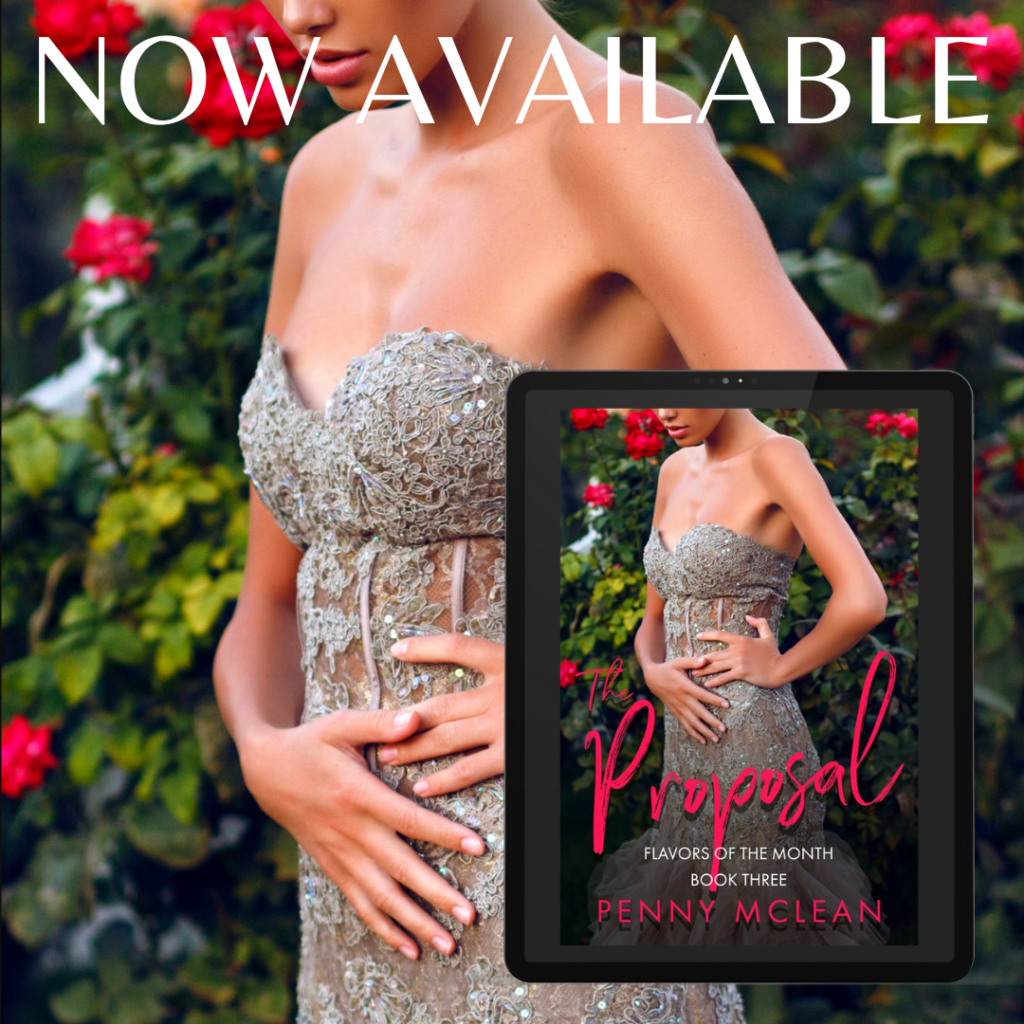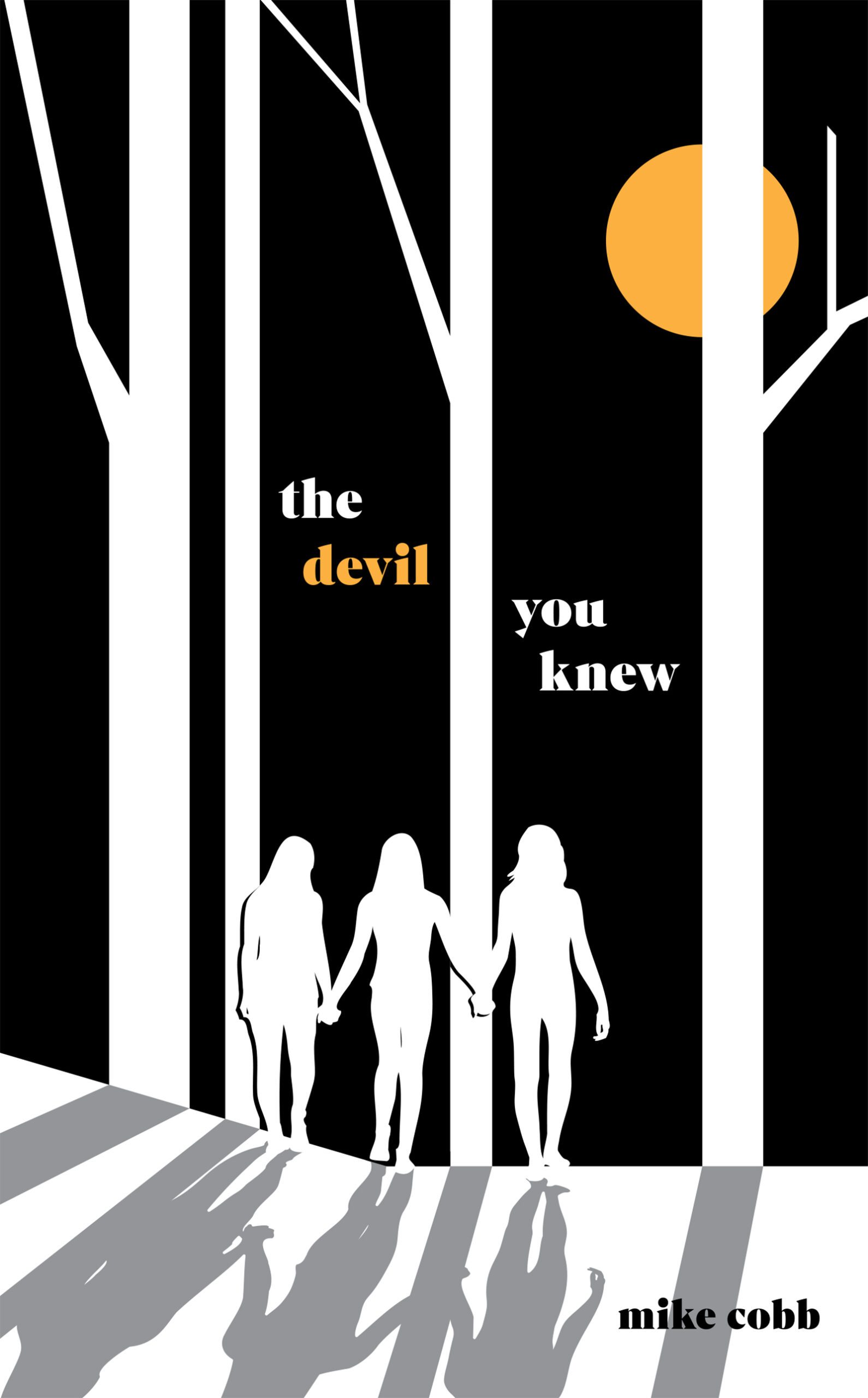Chapter One
I, Billy Tarwater
1963
“Won’t you come.”
The Reverend Virlyn Kilgallon’s baritone reverberated in a thunderous cannonade, his voice at once magisterial and dark. The altar call always came at the end, when the congregants were sufficiently energized by his twenty-five minutes of prophecy and supplication. The sermon was timed with precision. I know because I clocked it with my Caravelle self-winding, a gift from my Granddaddy Parker.
The year was 1963. I was a tow-headed eleven year old, not quite ready to make the lonely walk to the chancel rail, but old enough to feel pangs of guilt, accompanied by a generous dollop of fear. Looking back, I now understand that my anxiety was borne of both a dread of the curtain-cloaked water vessel behind the choir loft and a sense that I was missing out on something big.
Was there some great, liberating secret lurking behind the curtain––a secret shared only by members of the club, manifest in a covert handshake or a knowing back-channel glance––a secret that I dared not ponder until I made The Walk myself? The Walk. The dreaded Walk. Each Sunday I would steel myself and stand on the edge of the precipice. But every time, I would throttle. Back away. No, not yet. Not ready. Not today. Maybe next week.
What lies behind the curtain carries great weight, conjuring all sorts of images, both good and bad, hopeful and foreboding. But more often than not, when the curtain is finally drawn back, the ordinary, the mundane, dispels any notion of mystery. Pay no attention to that man behind the curtain, the Wizard said. A part of me yearned to ignore the Wizard––to throw open
the faux velvet. But another part of me reveled in the impenetrable mystery.
My ignore-the-Wizard self would sometimes conjure memories of the fourth grade experience at the Nathan B. Forrest Elementary School, a two-story red brick on the edge of my neighborhood, around the corner from the public library and Fire Station No. 13, and a block away from the A&P. Downstairs were K through 3, upstairs 4 through 7 (we didn’t have middle school back then). In ’60, as a third grader, I had never been upstairs. We of the lower classes were forbidden to make the journey to the upper reaches––our day would come, we were told. The two fourth grade teachers, Misses Throckmorton and Sexton, both spinsters, looked––to my eight-year-old eyes––to have been at least a hundred, maybe a hundred and one. In the minds of all of us third graders, they were the oldest, meanest creatures we’d ever known. We feared what lay ahead for us next year. And believe me, the images we concocted were not pretty. But then, when we finally made it to the top, we learned that upstairs was really no different from downstairs––just a little more worldly, a little more challenging. And Miss Throckmorton, my teacher, was an innocent compared to the ogre I had imagined. I should have learned a lesson from that.
The liturgical plunging into the depths at the hand of the reverend––there wasn’t much to it, really, as I would later find out.
* * *
“Won’t you come.”
We always sat in the second pew from the front, in the very center, facing the reverend head-on so that, when he proclaimed the inerrant word of God, we would be assured he was speaking directly to us, as if we were the only souls in the room. I would be flanked by
Grandmother Tarwater on my left and my mother on my right. My brother Chester would be somewhere in the balcony, where the teenagers sat, surely to enjoy some semblance of privacy for whatever-they-did-up-there. It was only on the rarest occasion that my father would grace us with his presence, even though it was his mother who sat beside me and who would, on occasion, retrieve a stick of Doublemint gum from her purse and slip it to me when her daughter-in-law wasn’t looking. I can still remember the pear green packaging with its dark green and white logo. Her beam of diabolical satisfaction as she surreptitiously passed it. The double-strength peppermint juice coated my tongue and drifted down my throat. Somehow, that seemingly simple indulgence allayed the discomfort of my bony frame against the hard mahogany surface (I was skinny back then––would that I could recapture that aspect of my youth), the cold clime of the sanctuary, the jarring from the sermon that, as it went on, bore more opprobrium than good news.
* * *
I wasn’t Billy back then. I was Binky. Not a nickname I would have enthusiastically chosen. But it was given to me when I was much younger and, to my abiding chagrin, it stuck. The name had nothing to do with pacifiers, by the way––I’m told I would puff my cheeks and eject the tasteless abomination, formed of rubber and plastic, across the room whenever my mother tried to force it on me––a poor excuse for the real thing, I must have thought. Rather, the moniker had derived from my odd habit as a tot, hopping restlessly, doing a little twist, and sticking my backside in the air like a lapine doe in heat. Anyway, the nickname stuck, and I lived with it until the age of twelve-and-a-half, at which time Binky left home for good and Billy arrived, standing at the door, shuffling back and forth, raring to be let in.
* * *
“Raise a hand. I see your hand…and your hand…and your hand.”
I would sit on that cold, hard bench and watch the hands go up throughout the congregation. Some old and wrinkled. Some young and firm. Some worn and calloused. Some pale and smooth like mine. Within minutes, most of the fold would have both hands in the air, waving them back and forth and beckoning the firmament.
“Now rise before God.”
My grandmother would reach down and pull me up by my bony elbow as she leapt from her seat. My mother followed suit. The entire congregation stood before the reverend and swayed like a mighty wind casting back and forth on a restless sea.
“Won’t you come. Your name was written in the Lamb’s Book of Life. Show Him you love Him. Confess before all.” He swept his hand across the room in a wide arc. “And you. You who have not found Him. Will this be the day you cross the line of faith?”
The choir would open up with the invitational hymn, their sotto voce voices gradually rising to a crescendo that rattled the twelve-station stained glass windows along the side walls of the sanctuary. On Christ the solid Rock I stand. All other ground is sinking sand.
One by one, damned near half the flock would leave their rows, sidle gingerly in front of their more reluctant pewmates to the aisle, and promenade to the chancel rail, their hands clasped before them or, on occasion, still raised in the air. One or two of the petitioners my age or a year or so older would profess his or her lust to be gulfed in that big, awesome tank of water. The occasional adult, finding himself having reached maturity without knowing God’s salvation, would plea for the gift of immersion, tears streaming down his cheeks.
My grandmother would sashay to the front of the sanctuary, a queen pink lace handkerchief held tight in her hand. My mother would follow. I would sit alone, with my palms flat against the seat, my thumbs and forefingers slightly under my scrawny thighs, wondering when I would be ready to make The Walk, stand before the congregants who would have chosen on that particular Sunday to remain in the pews, and profess my love of the Almighty, praise be.
At the time, I reckoned that all Southern Baptist churches behaved like my grandmother’s. I would later learn that some preachers assumed God didn’t require multiple trips to the rail––one profession of faith, followed shortly thereafter by the dunk in the tub, was sufficient. But not Virlyn Kilgallon. He expected it every Sunday––I once heard him refer to it as “hitting the sawdust trail,” something about a reference to tent revivals. But thank God he didn’t require multiple dips in the bath. Otherwise, we would have been in church all day on baptism Sundays.
* * *
When the altar call was not afoot, I amused myself in assorted ways, some harmless, some not so much. My diversions of the latter kind shall remain, at least for the time being, unadvertised. But they often involved some clandestine desecration of the hymnal pages. As for the former, my favorite distraction involved carefully examining the odd members of that motley group that called themselves a choir, for whom I made up aliases. There was No Neck Nancy––the woman (she must have been in her early thirties) whose head literally sat smack-dab on her shoulders with nothing in between. Whenever she wanted to look to the right or the left she had to turn her entire body. I now know the malady for what it is, or was (I have no idea where she is today or, for that matter, whether she is anywhere)––Klippel-Feil syndrome. But at the time, she was just one more freak, likely having escaped from a carnival midway somewhere. And there was See Me Sylvia. My grandmother claimed she came to church primarily for one reason––to show off her fancy hats and jewelry––but there didn’t seem to be much there worth flaunting. Launchpad Leonard would, out of the blue, produce the loudest, most explosive belch you’d ever heard––so loud, in fact, that it sounded like one of those Atlas rockets blasting off from Cape Canaveral. And whenever I saw him do it outside the choir loft without his robe, his quaking beer belly spilling over his belt buckle, my first instinct was to run for my life.
How would I have survived Sunday mornings without diversions? My brother, perched high above the sanctuary floor in the balcony with his friends, no doubt had his own amusements. More than once, I suspected him of sneaking out of the church just as the service began, sitting in the back seat of the Brookwood Wagon reading Mad Magazine, only to scurry back in a few minutes prior to the service’s ending so he could walk out with the rest of the assembly and my mother would be none the wiser.
* * *
Almost every Sunday, Reverend Kilgallon’s mien and comportment would take a bleak and sinister turn about halfway through the sermon. It was as if he became a different man altogether. Not the paternalistic pastor calling his flock to salvation, but, rather, a demonic, truculent savage condemning all in his presence to a life of eternal damnation.
I would always see it coming. He would remove his wire-rimmed bifocals and whack them onto the lectern––I awaited some Sunday when he would send shards flying across the room. His face would redden. The veins in his temples would pulse. A curious tic would come upon him––an emergent twitching around his right eye. Then he would let loose, pointing to the
balcony and setting free a stentorian roar. “Sinners all. The whole vile lot of you. You will roast in Hell––like sizzling bacon at the men’s fellowship breakfast.” (Okay, he didn’t really say that last part about the bacon––I made that up––but the thought may have crossed his mind.) Then he would turn on the assembly at large, sweeping his finger across the room and damning every single one of us.
An electric charge would run down my spine as if I had been sitting on metal, rather than mahogany, and the Almighty Himself had let loose a bolt of lightning onto the church. I would give a little shake and look back at the balcony.
Is my brother up there? Or is he in the station wagon, reading The Lighter Side or Spy vs. Spy, oblivious to the judgment, the condemnation, that has just been leveled on him?
On all of us.
***
Excerpt from THE DEVIL YOU KNEW by Mike Cobb. Copyright 2024 by Mike Cobb. Reproduced with permission from Mike Cobb. All rights reserved.






.png)

.png)
.png)

.png)

